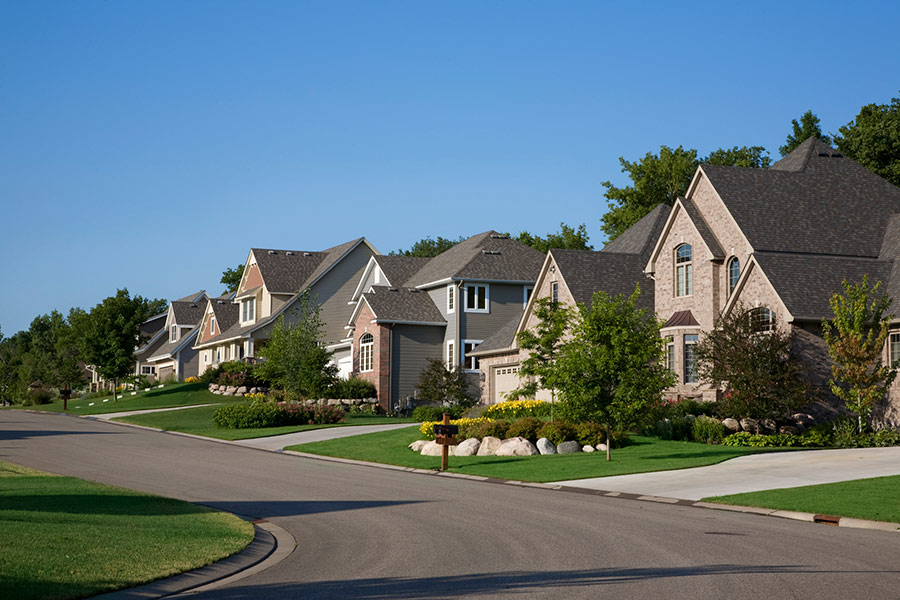Sometimes a client comes to the Finney Law Firm concerned about their neighbor’s rights to an easement over their land leading to the question: who has the duty to maintain and repair the easement? A big concern for these clients is the cost of the maintenance and repair of the easement. These easements tend be associated with driveways and sewer lines. This blog post is designed provide some general background as to what easements are and address the cost concern for individuals in similar situations.
Background on easements
An easement is an interest that may burden another persons’ land. The interest entitles the owner of the easement to use the land in some limited way. The extent of that interest is determined by the process which creates the easement.
There are two kinds of easements, the easement appurtenant, and the easement in gross. The easement appurtenant deal with two pieces of land (e.g., two neighboring parcels) and tend to be conveyed with a sale of the land. The easement in gross deal with one piece of land (e.g., one parcel and another person’ right to use the one parcel) and tend to not be conveyed with a sale of the land.
This blog post deals with easements appurtenant.
Creation
An easement may be created by deed, prescription, or implication from the particular set of facts and circumstances. Likewise, some courts allow for an equitable easement, which is referred to as an easement by estoppel. The dominant estate benefits from the easement. The burdened land is referend to as the servient estate.
Who maintains and repairs?
Generally, it is the duty of the dominant estate to maintain and repair the easement. Likewise, the dominant estate must make the necessary repairs to prevent the dominant estate from created an annoyance or nuisance to the servient estate.
That said, the servient estate can expressly undertake the duty to maintain and repair the easement. This may be done in many ways (e.g., through a maintenance agreement, a grant in a deed, or operation of law).
What if the servient estate also uses the easement?
The servient estate may also use the land on which the dominant estate enjoys an easement. However, that use must be in a way that is not contrary to the dominant estate’s limited use of the land. When an easement is used jointly by the dominant estate and the servient estate, the cost of maintenance and repair of such easement must be apportioned between the dominant estate and the servient estate, based on relative use.
Conclusion
So, if you have a similar situation to those clients that come to the Finney Law Firm concerned about their neighbor’s rights to an easement over their land and who bears the maintenance and repair costs, then it might be time to call the Finney Law Firm.



